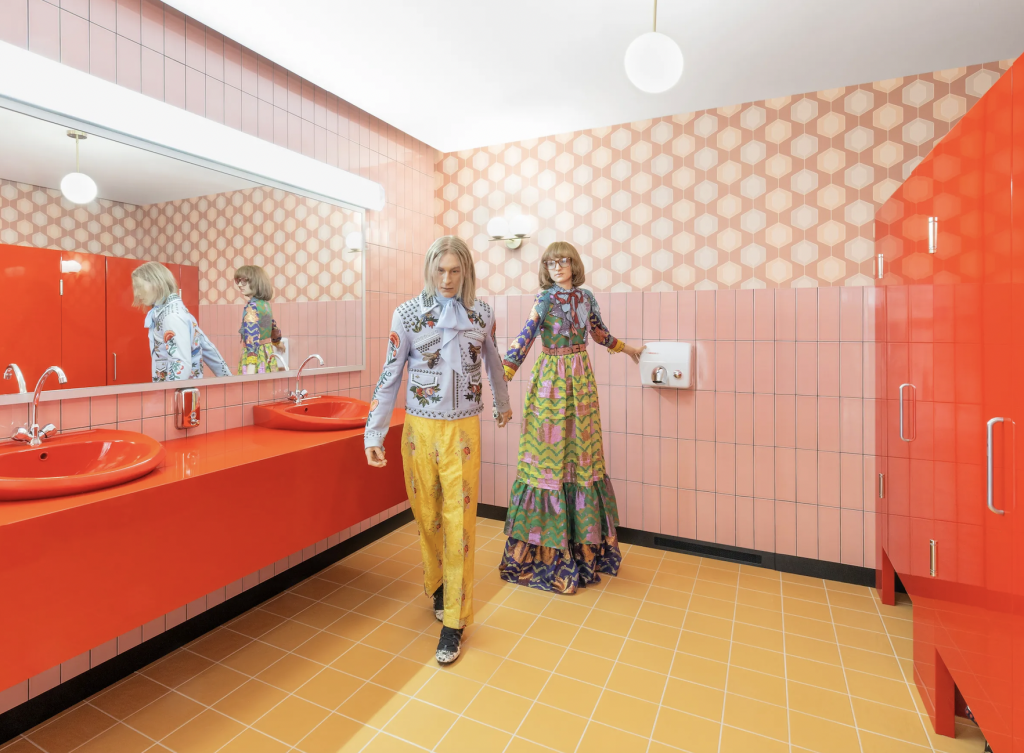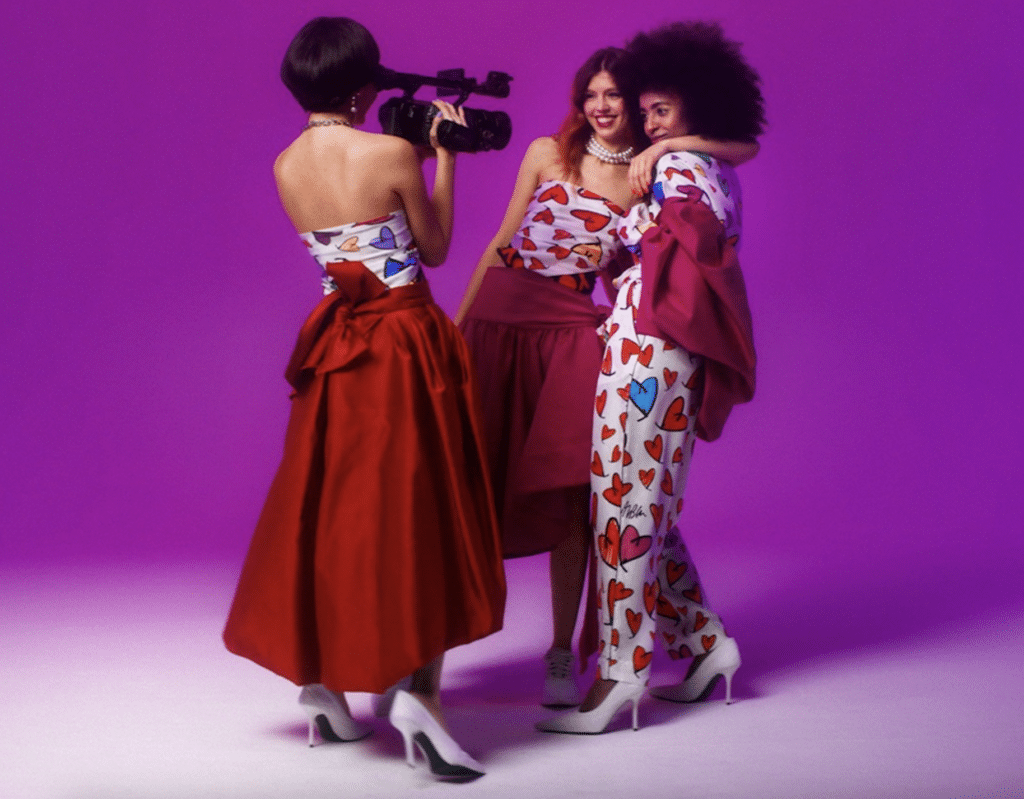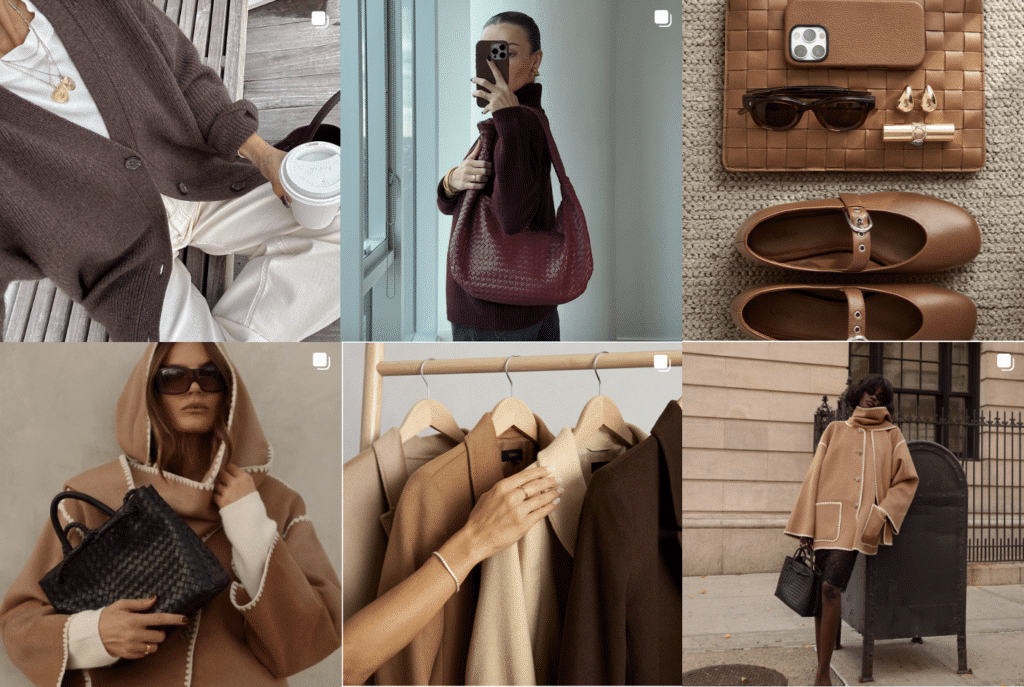Forget Hermès, Ferrari, Pfizer, and Moderna for a moment. Another company did terrifically well during the pandemic: Roblox. The online game platform revealed last year that its usage surged 40 percent in March 2020, alone, as kids were shut indoors amid the onset and escalation of the COVID-19 pandemic in the U.S. Fast forward a little over a year, and Roblox – which currently boasts a market cap of $52.14 billion – revealed in May that its revenue for the first quarter of the year reached $387 million, up 140 percent on a year-over-year basis, while its daily active users rose 79 percent to 42.1 million. Those users, which are not just kids stuck at home from school and extracurricular activities, spent 9.7 billion hours on the platform in the first three months of 2021, alone, up 98 percent compared to the same period in 2020.
Given the sheer level of activity and engagement at play, it is no wonder that brands are rushing to find ways to tap into the swiftly-growing company and the metaverse more broadly. A mashup of the words “meta” (which means beyond) and universe, metaverse refers to a virtual-reality space in which users can interact with a computer-generated environment and with other users – or as Nike’s Global Director of Technology Innovation Eric Redmond describes it, the metaverse is “the all-encompassing space in which all digital experience sits.”
“The full vision for the Metaverse remains hard to define, seemingly fantastical, and decades away,” according to Matthew Ball, the Managing Partner of EpyllionCo and a venture partner at Makers Fund, who asserted early last year that “the pieces have started to feel very real.” And that development has been accelerated by the pandemic, which has had what Reed Smith LLP’s Stacy Marcus and Deborah Bessner say are “immeasurable effects on consumers and how they engage with brands, with the elimination of in-person consumer interactions for nearly a year.”
The result has been an increased interest in all things digital, the metaverse included. “Front and center of the Roblox story, for one, is “our vision for the Metaverse,” Roblox’s VP of brand partnerships Christina Wootton told AdWeek in April, noting that it is where “people seamlessly get together and interact in millions of 3D virtual experiences, representing the future of how people learn, play, work, consume entertainment, try on and shop fashion, and interact with brands.”
Given the overarching shift to online activities and experiences, a growing number of brands are “taking consumers’ entrance into the metaverse one step further by developing virtual worlds that allow the consumer to engage with the brand in a whole new way,” Marcus and Bessner claim.
Gucci, for instance, debuted a virtual two-week event called “Gucci Garden Experience,” which the Italian fashion brand rolled out in collaboration with Roblox in May. “Following its first footsteps on Roblox where Gucci brought some rare items to the platform last year,” Gucci unveiled the Garden Experience, which it described as a play on the “immersive multimedia experience” that it previously opened in Florence, Italy to “explore and celebrate the house’s inimitable creative vision.” By pairing with Roblox, Gucci brought the experience to a larger pool of people, enabling “visitors [to] immerse themselves” in creative director Alessandro Michele’s “creative vision and his multifarious inspirations, and share the captivating experience of the exhibition with their friends.”
It was precisely in connection with this experiment that Gucci launched an array of digital assets, such as the online-only Dionysus bags that sold for upwards of $4,000 (i.e., more than the physical bags, themselves) and made headlines in the process.
Around the same time, skincare brand SK-II made its debut in the metaverse with SK-II CITY, a mini virtual world that was inspired by the streets of Tokyo and that consisted of “a virtual gallery where a collection of six animated films based on the lives of Olympic athletes and promises a behind-the-scenes tour of the making of the films, as well as a mall,” according to Cathy Hackl, a futurist and chief metaverse officer at Futures Intelligence Group, who told Vogue Business that the SK-II City launch marked “one small step into the metaverse for SK-II, but a giant step for luxury brands,” many of which have not (yet) entered the space.
And still yet, in March, Burberry tried its hand in the virtual space, launching an interactive replica of its flagship Ginza store online. For one month, the British brand enabled consumers to “navigate themselves around the 3-floor virtual store and purchase items from [its] Spring/Summer 2021 collection by selecting digital icons,” according to a release from Burberry, which said that the virtual venture is the latest in its regular quest to “push the boundaries through creativity, [and] explore the relationship between physical and digital experiences to create exciting new concepts for its community and enhance personalized luxury commerce.”
Hardly just a place to play games or engage with (and purchase) virtual fashion, the metaverse is “a living experience that exists consistently for everyone and in real time,” Ball stated, and in its current form, the “worlds and experiences” that it provides “have helped brands stay connected to consumers throughout the pandemic.” While much of the emphasis of such digital ventures has centered on connecting with consumers during the pandemic, Marcus and Bessner contend that these virtual worlds and experiences have enduring benefits. After all, things like virtual stores “are easily changeable and can adapt more quickly to consumer preferences and trends than a brick-and-mortar store can,” and it goes without saying that “the reach of a virtual world and experience goes well beyond that of a physical one,” making such initiatives attractive even after the world continues to reopen and COVID-related restrictions are eased.
“While after more than a year of lockdowns and quarantines, consumers may be ready to interact with brands,” they note that it is, nonetheless, “clear that the virtual brand worlds and interactions are here to stay.”
As for Roblox, it is aiming to be far more than merely a gaming platform. Roblox CEO David Baszucki says in a recent “Axios on HBO” interview that that the metaverse is where Roblox sees its future, with future opportunities for the company potentially coming by way of “education and even for the workplace.” Or as CNBC’s Steve Kovach put it, Roblox aims to be more than a gaming platform that “that slurps up your hard-earned dollars for virtual items.” The company may be more aptly likened – for better or worse – to “a futuristic Facebook.”














